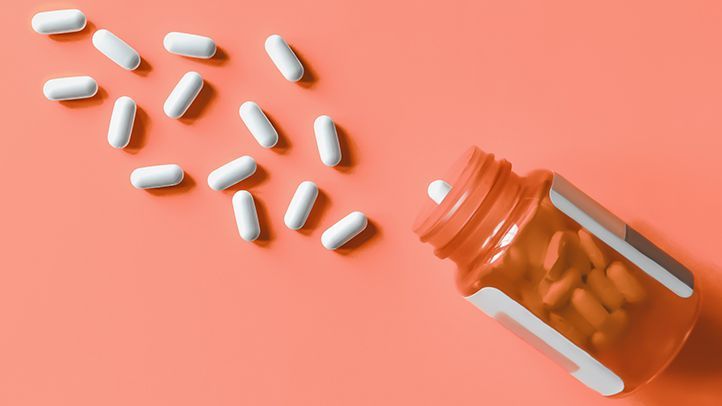Introduction:
Can you OD on Adderall?. Adderall is a prescription medication commonly used to treat attention deficit hyperactivity disorder (ADHD) and narcolepsy. It contains amphetamine and dextroamphetamine, both central nervous system stimulants. When used as prescribed, Adderall can manage symptoms and improve focus for ADHD patients. However, misuse of Adderall can lead to serious health consequences, including overdose. In this article, we will explore the risks of Adderall overdose, its symptoms, and the appropriate treatment options.
Understanding Adderall and Its Mechanism of Action:
Adderall works by increasing the levels of certain neurotransmitters in the brain, such as dopamine and norepinephrine. These chemicals regulate attention, focus, and impulse control. When taken as prescribed, Adderall balances neurotransmitter levels, leading to improved cognitive function for ADHD patients.
Factors Contributing to Adderall Overdose:
An Adderall overdose can occur when an individual takes a higher dose than prescribed, uses it without a prescription, or takes it more frequently than recommended. Several factors can increase the risk of overdose:
a. Individual Tolerance: Those who have been using Adderall for an extended period may develop tolerance to the drug’s effects. As a result, they might take higher doses to achieve the same desired outcome, increasing the likelihood of an overdose.
b. Polydrug Use: Combining Adderall with other substances, such as alcohol or illicit drugs, can significantly amplify the risk of an overdose.
c. Underlying Health Conditions: Pre-existing heart conditions, high blood pressure, or liver problems can make an individual more susceptible to an Adderall overdose.
Symptoms of Adderall Overdose:
Recognizing the signs of an Adderall overdose is crucial for seeking immediate medical attention.
Symptoms may include:
a. Agitation and Restlessness
b. Rapid breathing
c. Elevated Heart Rate
d. Increased Blood Pressure
e. Confusion and Hallucinations
f. Tremors or Muscle Twitching
g. Nausea and Vomiting
h. Chest Pain
i. Seizures
Emergency Response and Treatment:
If you suspect an Adderall overdose in yourself or someone else, prompt action is essential. Call emergency services immediately (911 in the United States or the appropriate emergency number in your country). While waiting for help, here are some measures to take:
Stay Calm:
Try to keep the affected individual calm and reassured.
Monitor Vital Signs:
Keep an eye on their breathing, pulse, and consciousness level.
Do Not Induce Vomiting:
Unlike some other drugs, vomiting is not recommended for Adderall overdoses.
Medical Intervention and Follow-up Care:
Once at the hospital, healthcare professionals will administer appropriate treatment based on the overdose severity. This may include:
a. Gastric Lavage: In severe cases, the stomach may be pumped to remove any remaining Adderall.
b. Activated charcoal: This can prevent further Adderall absorption into the bloodstream.
c. Benzodiazepines: To control seizures and agitation.
d. Monitoring: Continuous monitoring of vital signs and other symptoms is essential.
Prevention and Safer Usage:
To reduce the risk of Adderall overdose:
a. Always take Adderall as prescribed by a healthcare professional.
b. Do not share your prescription medication with others.
c. Avoid combining Adderall with other substances, especially alcohol or illicit drugs.
d. Regularly communicate with your doctor about any concerns or side effects.
Conclusion:
An Adderall overdose is a serious medical emergency that requires immediate attention. Understanding the risks, symptoms, and appropriate treatment can help individuals use Adderall responsibly and prevent potential life-threatening situations. Always follow your doctor’s instructions and reach out for help if you suspect an overdose in yourself or someone else. Prioritizing safety and responsible medication usage is crucial for maintaining a healthy and productive life while managing ADHD symptoms.




